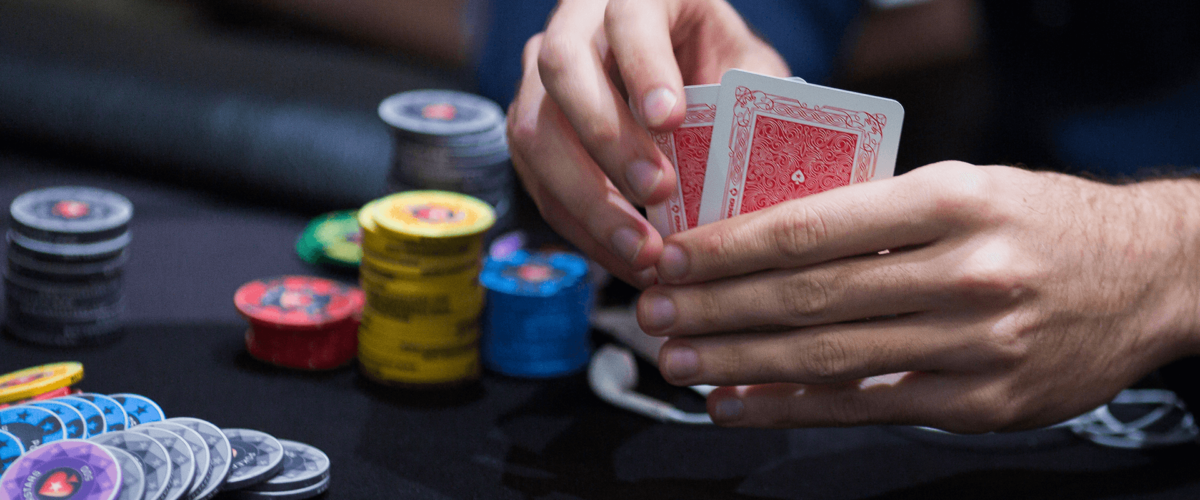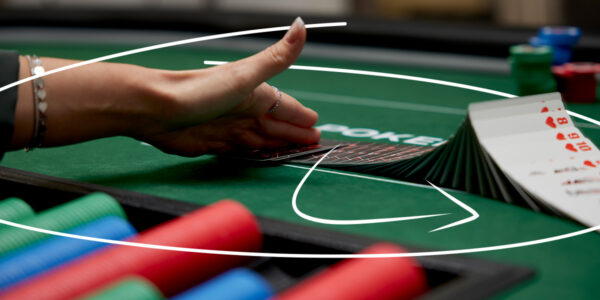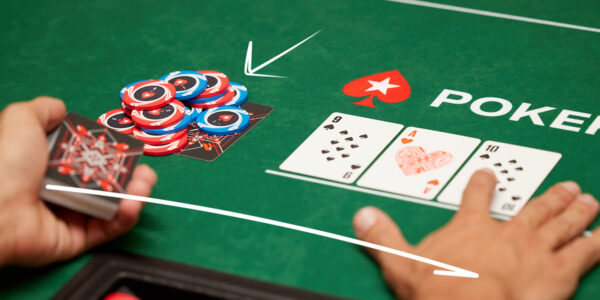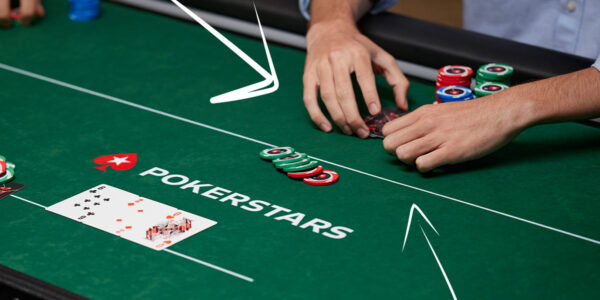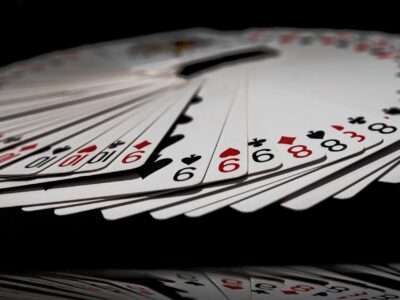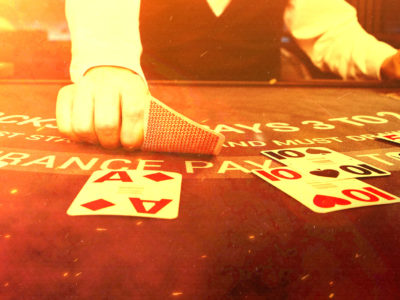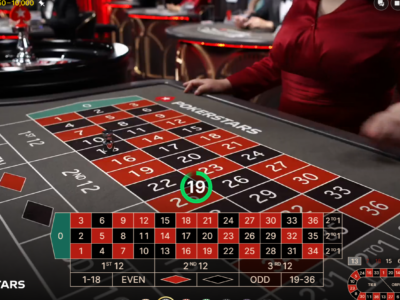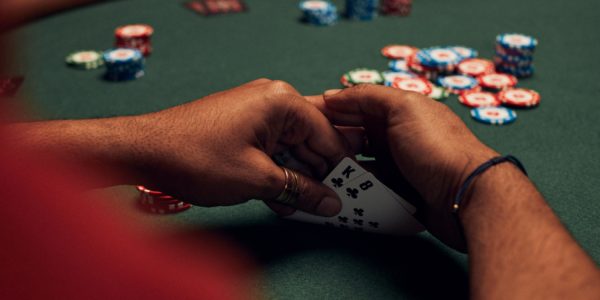When to Play Bad Off-Suit Aces in Cash Games
Today’s star of the show is one of the worst starting hands that avoids the category of ‘total trash’. While no one really has a story about a time they played 83o and won a big pot, off-suit aces do sometimes feature in eventful hands. Since the standard advice is: ‘don’t play bad offsuit aces.’ I thought it would be a little redundant to list all the many spots in which these hands should be quickly tossed into the muck. Instead, we shall focus on the rare exceptions, where these hands should be played.
Stealing from the BU and SB
The most common place to enter the pot with a hand like A♦ 6♠ is when there is a decent chance of taking down the blinds uncontested. In fact, these starting hands have a higher chance of winning the blinds with a steal than something like 7♥ 6♥ does. Do you see why? That’s right, blockers. The bad off-suit ace might play awkwardly post-flop, but it does boost pre-flop fold equity by removing some of the combinations of other Ax from the deck, and particularly lowering the amount of the time you will be 3-Bet off your hand since they remove AK, AQ, A5s, and other frequent 3-betting hands. The other reason for stealing these hands on the SB and BU are that the BB has to defend a very wide range to survive against these positions and so even A6o will push around 50-55% equity against the average BB calling range. If the hand has less equity than that, then the extra fold equity from Villain playing too tight of a range will compensate.
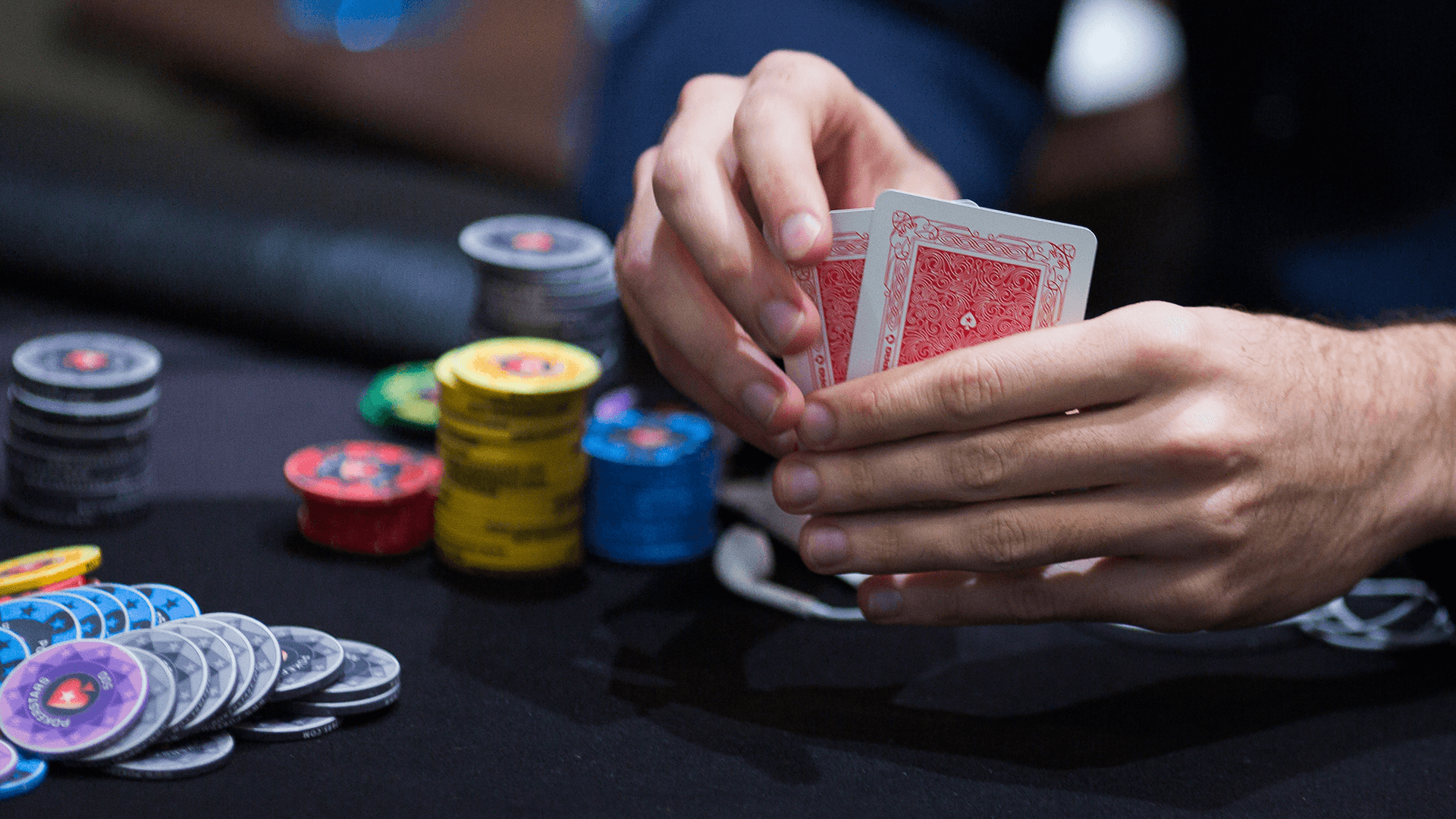
Defending Blind vs Blind
Normally, it is a very bad idea to call pre-flop open-raises with bad off-suit aces. One spot in which you should certainly make these calls, however, is in the BB against a SB raise. Let’s imagine that your SB opponent makes it 3BB to go and you must call 2BB in the BB if you want to see a flop with your A♠ 4♣ . Despite the rhetoric in the community about these starting hands being trash, this one is mandatory to defend. Why is this?
Well, for starters, the pot odds are quite reasonable. Your investment to see the flop is 2BB and the pot after you have made this call will be 6BB. This means that if you can get back more than a third of the pot on average then you will be making a better choice by calling than by folding. If we look at a typical SB steal range, it will span about 40-60% of starting hands, depending on the player. Against this sort of range, A4o will push around 50% equity. With position to help post-flop, unless you play dreadfully, there is no chance that you will not be entitled to 33% of the pot or more with this much raw equity. If I had to guess, I’d say that most players will get back around 40% of the total pot over a large sample of making calls like this one.
Completing from the SB
Another occasion on which these hands can be playable is when the price to get involved is very cheap and flopping top pair of aces is likely to make you the best hand. When two very loose players limp and you find yourself in the SB with A♠ 3♦ , it is correct to play. You are calling half a big blind into a pot that will be 4BB and so you will need to be entitled to about 12% of the pot. Even though there are three opponents this should be realisable, particularly with one of the bad aces that can make a wheel. You can complete here and usually end up folding the flop. It just takes just one or two pots in ten to go your way before this pre-flop investment becomes profitable.
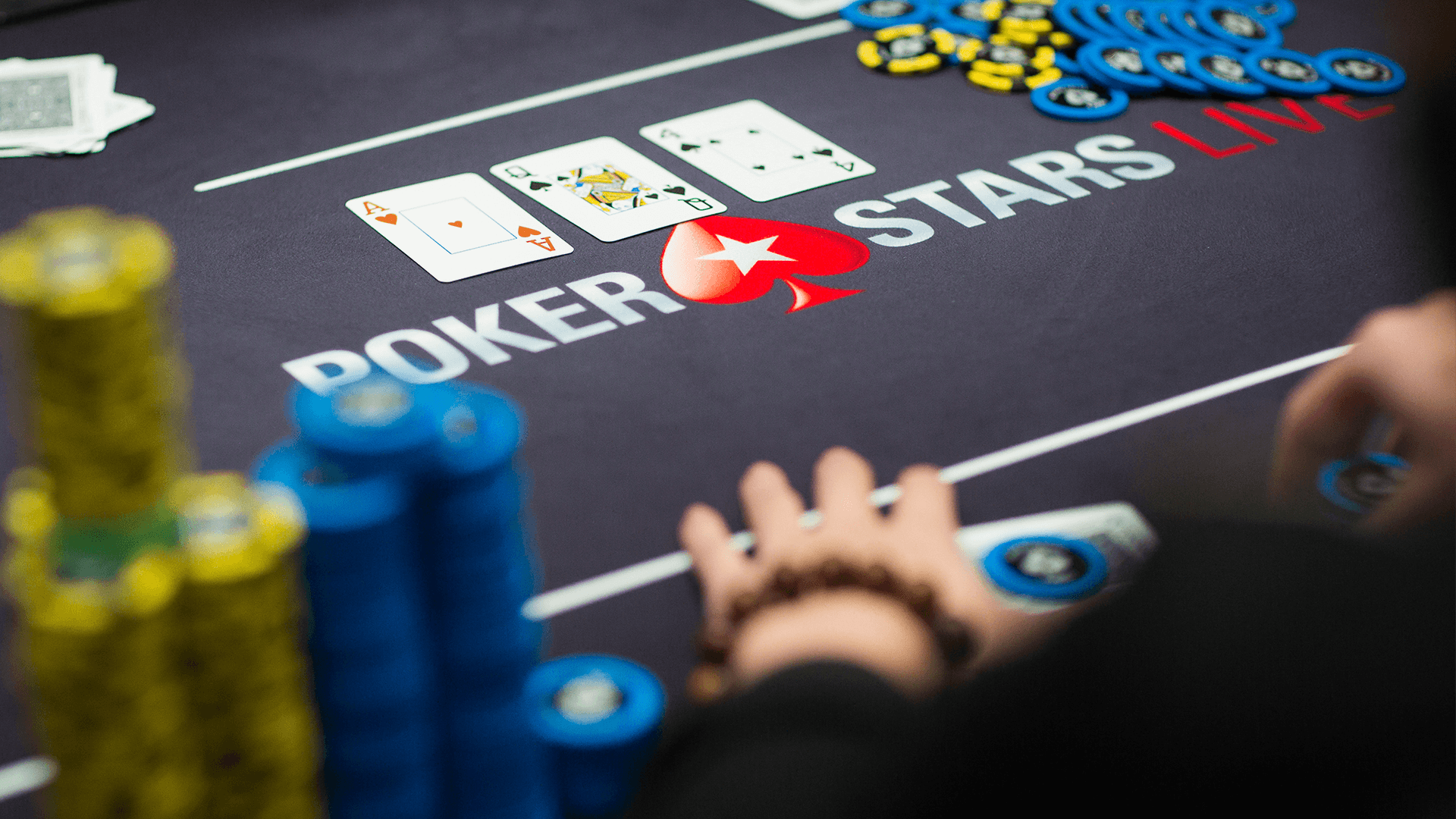
From the CO on Tight Tables
It is usually not recommended to open these hands from the CO, but when the players behind you, and especially, when the BU is a nittier player, it can be advisable to open-raise. The blocker value of this hand increases further against tight players because they require a higher concentration of big cards (containing aces) to get involved. Therefore, having a naked ace can have a bigger impact. In ZOOM games these hands are usually better to open in the CO than on regular tables. The reason for this is twofold. Firstly, people are often impatient in ZOOM and might click fast fold with marginal hands instead of waiting around to see if they get a good price on defending their big blind. Secondly, there is much less dynamic history in a ZOOM game as the line-up is constantly changing. On regular tables, the player behind you might get upset with you opening every time it’s his button and start to adjust.
Isolating on the BU
When you have the BU and a weaker opponent limps into the pot, you can rest assured that it’s probably safe to raise your weak off-suit ace. The combination of positional advantage, skill advantage, and being up against a capped range that usually won’t contain premium hands vastly increases the value of your holding. If there is not a huge chance of the blinds 3-betting your isolation raise, the coast is clear to make a bit of money out of these speculative holdings.
Conclusion
And that just about covers it. I have exhausted my bank of spots where it’s not horrible to play a smaller off-suit ace. If you frequently invest money in any other pre-flop situations with these hands, you will most likely be destroying your chances of winning.
View Other Blogs

